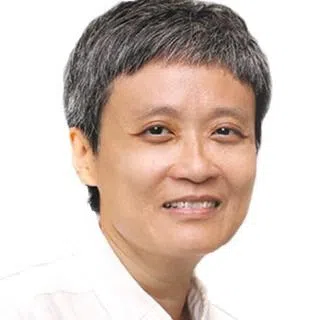China keeps watch as Russia-Ukraine war hits Russian soil
As the Russia-Ukraine war escalates into Russian territory, Lianhe Zaobao Beijing correspondent Sim Tze Wei observes that time is crucial for Ukraine, with foreign military aid dwindling and peace still elusive.
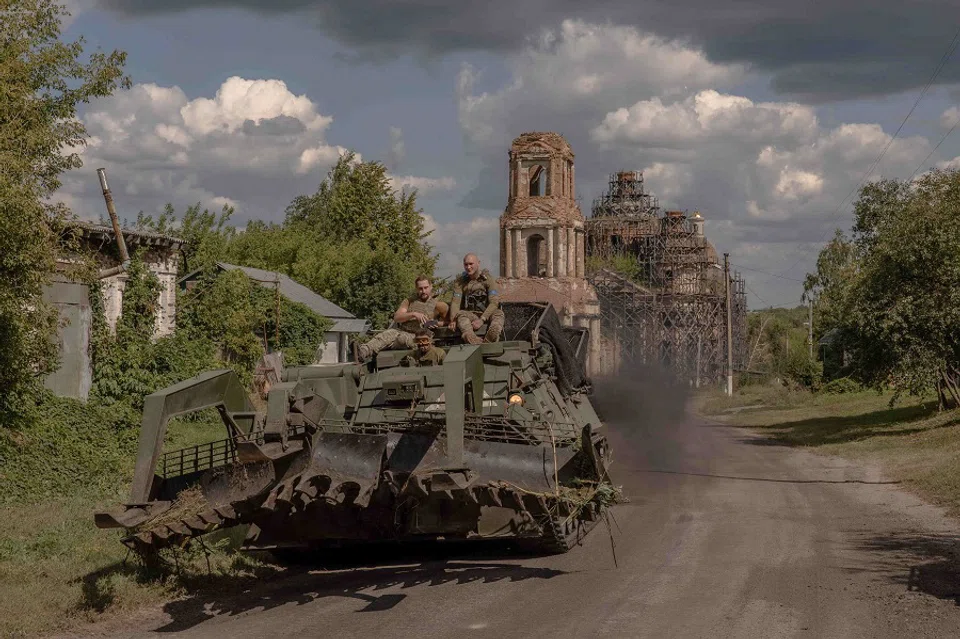
In an attempt to reverse its longstanding position of passive defence, the Ukrainian military launched a surprise cross-border attack on Russia’s Kursk region, claiming to control about 1,000 square kilometres of territory.
Motivations behind Ukraine’s offensive
As the largest offensive launched by a foreign military force on Russian territory since the Second World War, Ukraine’s strike has left Russian President Vladimir Putin and Russian military leaders with egg on their faces.
The strongman does not seem as strong as imagined, and what was originally planned as a “special military operation” to deal with Kyiv in a few days has lasted nearly three years, and has even become a fight to defend one’s own territory.
The strike has also left Putin’s nuclear threat hanging by a thread. Before this, the Biden administration did not fully approve Ukraine’s use of US weapons to attack Russian territory, fearing Russia’s nuclear weapons. The US has also been reluctant to let Ukraine join NATO for fear of Putin’s “nuclear response”.
Ukraine’s decision to extend the front and launch a surprise attack on Russian territory likely includes the following motivations: first, to relieve the pressure on the conflict in eastern Ukraine. Following the offensive, US officials informed The Wall Street Journal that Russia was withdrawing some troops from Ukraine.
Second, to enhance future bargaining chips at the negotiating table. By capturing and holding part of the Kursk region, Ukraine could leverage it in exchange for regaining the “2014 line” — the borders before Russian aggression — in negotiations, even if it cannot reclaim all its territory. This could potentially lead to a complete Russian military withdrawal from Donetsk, Luhansk, Zaporizhzhia and Kherson in eastern and southern Ukraine.
If supplies cannot keep up with the extended front, Russia could take advantage of the situation and capture more cities in eastern Ukraine, or even encircle and annihilate Ukrainian forces in Kursk.
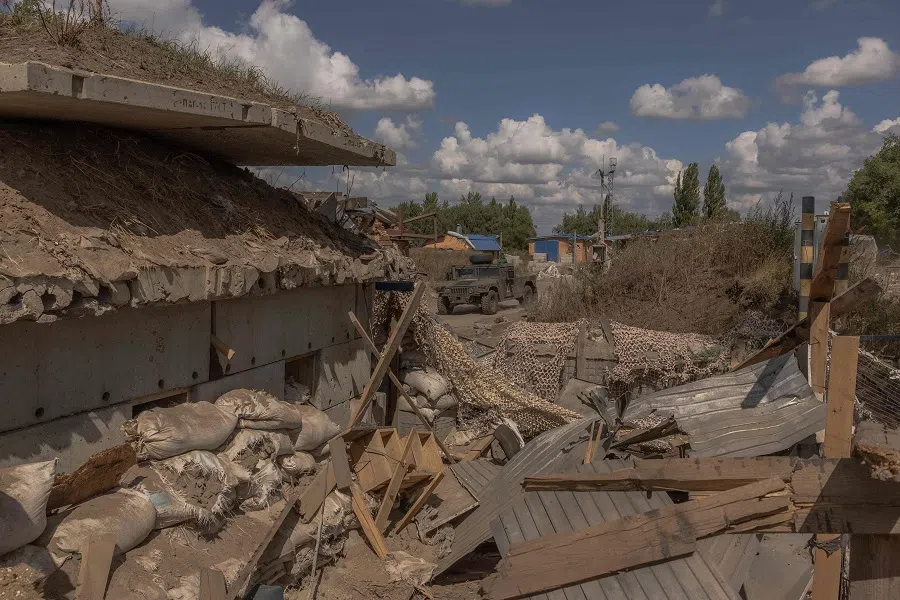
Third, to stir panic among the Russian people and weaken the political elite’s trust in Putin, and try to strike at and even break down the Putin regime from within.
However, Ukraine is currently facing a shortage of troops, and it is uncertain whether it can hold on to the Kursk outpost. If supplies cannot keep up with the extended front, Russia could take advantage of the situation and capture more cities in eastern Ukraine, or even encircle and annihilate Ukrainian forces in Kursk. Ukraine could lose more than it gains, and its efforts could even backfire and spark internal political turmoil.
Time is of the essence
Ukraine President Volodymyr Zelenskyy’s bold decision to attack Russian territory is undoubtedly a political gamble. However, time has not left Ukraine with many choices. Zelenskyy has his back against the wall and is trying to break the stalemate with asymmetric warfare.
The US is Ukraine’s largest military aid donor, followed by Germany. However, Western aid will not be limitless. Regardless of whether Donald Trump or Kamala Harris wins the US presidential election in November, they will probably both push for Ukraine to end the war through negotiations, with Trump possibly taking a rougher approach that could leave Ukraine with less favourable conditions.
Furthermore, in July Reuters reported that Germany’s military aid to Ukraine will be halved next year, citing a German budget draft.
Facing various unfavourable conditions, Ukraine needs to create a more advantageous negotiating position for itself within a limited time frame to get closer to its goal of a “just peace” in line with international law.
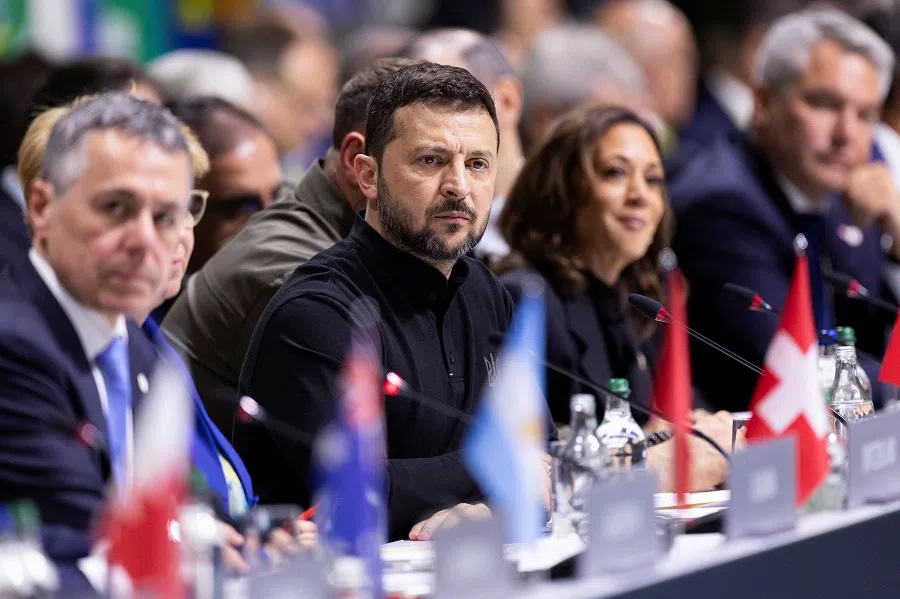
As Russia’s “no-limits” partner, China’s attitude towards the turning point in the Russia-Ukraine situation is noteworthy.
China keeping watch
Responding to the media at a regular press conference, a Chinese Foreign Ministry spokesperson said, “We have noted the development. China’s position on the Ukraine issue is consistent and clear. The Chinese side calls on all parties to observe the three principles for deescalating the situation, namely no expansion of the battlefield, no escalation of fighting and no fueling the flame by any party. We will continue to maintain communication with the international community to play a constructive role for the political settlement of the crisis.”
Trump boasted that he could end Putin’s aggression against Ukraine in one day, while Finnish President Alexander Stubb believes that Russia is so dependent on China that a phone call from the Chinese president would end the war, which is something even the US cannot do.
A peace summit initiated by Ukraine was held in Switzerland in June, but China did not send anyone and Russia was not invited. A peace summit without China and Russia is meaningless and would not achieve any substantial results.
Zelenskyy said last month that Russia should be represented at the second peace summit. However, Putin’s conditions for negotiation include Ukraine withdrawing from the four Russia-occupied regions in eastern and southern Ukraine, as well as abandoning plans to join NATO, which are difficult for Ukraine to accept.
Given this development, the door to Russia-Ukraine negotiations remains closed for now, and whether or not China’s leader makes a phone call to Putin is irrelevant.
No opportunity for peace yet
After Ukraine’s military entered Russian territory, Putin reportedly said during a security meeting that talks with a government that attacks civilians would make no sense.
Given this development, the door to Russia-Ukraine negotiations remains closed for now, and whether or not China’s leader makes a phone call to Putin is irrelevant.
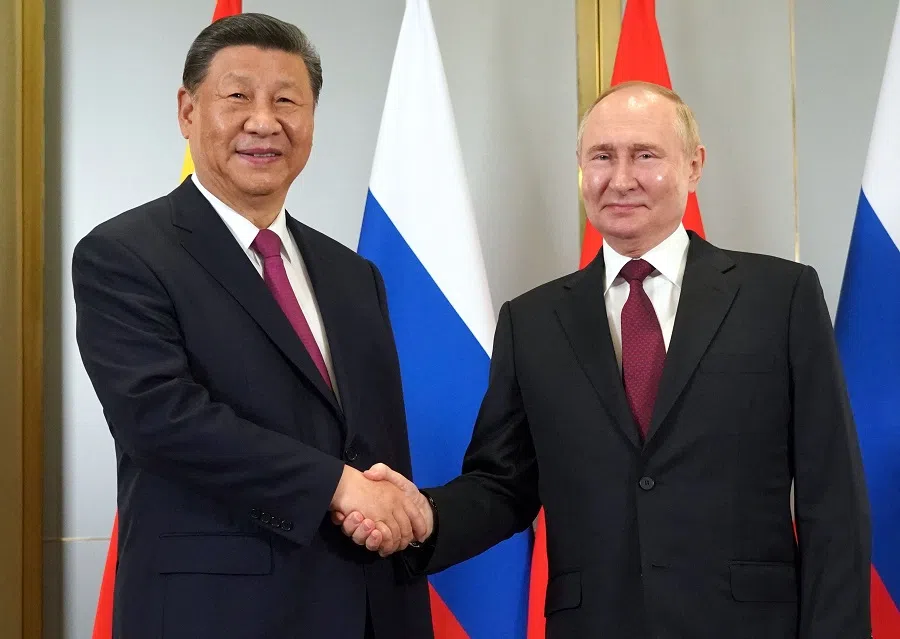
But China’s relevant departments are definitely keeping a close eye on the situation following Ukraine’s offensive, with frequent daily reports by CCTV.
Due to ideological and geopolitical rivalries, China needs Russia’s cooperation in its struggle against the US and Western camps, and Russia’s defeat or regime instability would be unfavourable to China. Although China has claimed to be “neutral” in the Russia-Ukraine war, it will probably not abandon Putin due to national interests.
Like the short-lived Wagner Group rebellion in June 2023, how Ukraine’s unexpected military advance into Russian territory plays out will be a key event that affects the war situation and future negotiations.
Nataliya Plaksiyenko-Butyrska, an East Asia expert on Ukrainian independence, said it seems that China believes that Putin is firmly in power and has little faith in the ability of the Ukrainian army to change this situation. If a “black swan” event occurs, even if it wants to help Putin, China can miss the moment when the situation in Russia unexpectedly worsens.
A “black swan” event is what Ukraine hopes for but not what Russia and China want.
This article was first published in Lianhe Zaobao as “中国紧盯乌克兰突袭俄罗斯本土”.
